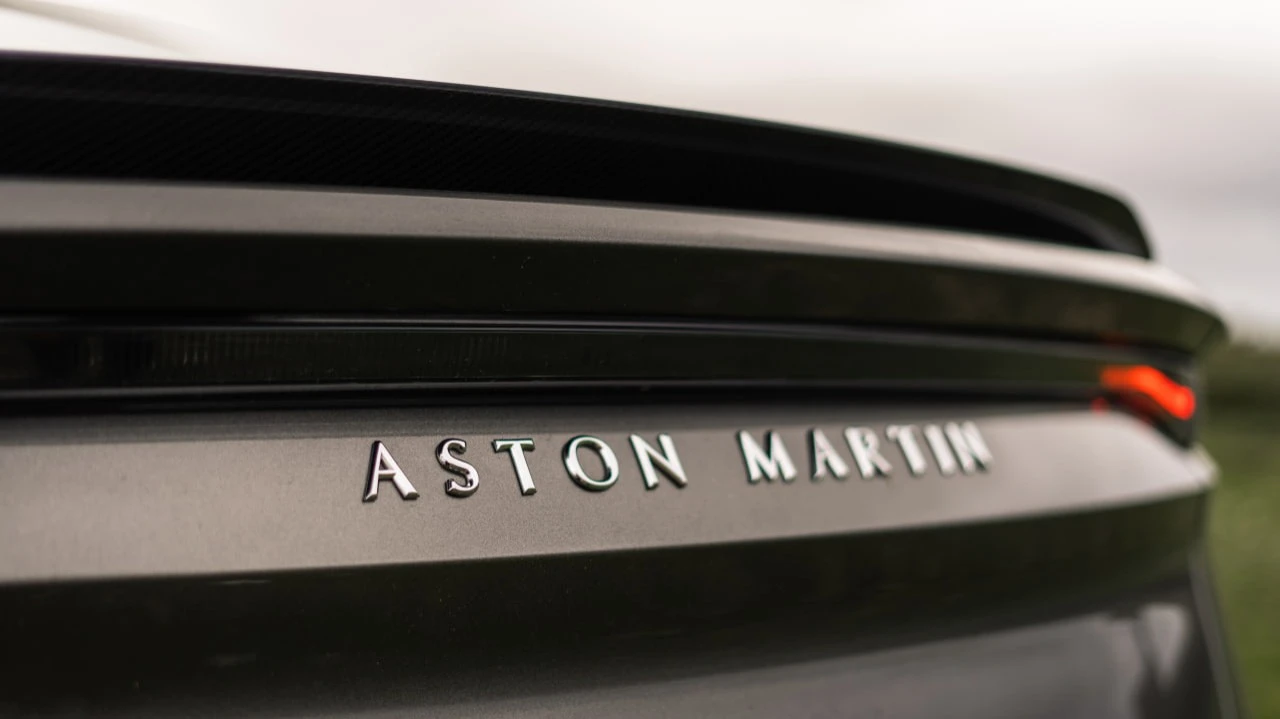Bond's car brand collapsed warned investors of a loss. Shares plummeted
Aston Martin worsens profit outlook again this year - impact of US duties and weak demand in Asia is having an impact

Shares in legendary British luxury car maker Aston Martin, linked to the James Bond image, collapsed 11% after the company warned of a full-year loss of more than £110 million ($147.8 million). It is far from the first deterioration in the brand's own outlook this year - it has faced weakening sales, a delay in the launch of the Valhalla hypercar and mounting pressure from US trade restrictions.
Details
Aston Martin shares fell 11% in London trading on October 6 after the company reported a widening annual loss. At the end of 2025, it will exceed £110 million ($147.8 million), the manufacturer expects. Among the reasons Aston Martin named weak demand in North America and Asia-Pacific region, as well as the impact of U.S. duties.
This is not the first time this year that the company has warned investors about a decline in profits. At that, the current forecast turned out to be much worse than the July one, the Financial Times notes. At that time, Aston for the first time said that the duties have an "extremely destructive impact", but expected to reach at least zero operating profit.
In addition, the manufacturer said deliveries of the Valhalla hypercar will start in the fourth quarter at around 150 vehicles - less than expected - due to delays in engineering processes and obtaining certification.
What about the stock
Aston Martin shares have lost about 30% of their value over the past 12 months. According to Bernstein analyst Harry Martin, investors had recently pinned hopes for a turnaround on the emergence of positive cash flow and the launch of the Valhalla hypercar, but the new forecast has put those expectations in doubt.
"The failure of these plans could be the last straw for many investors," warned Martin, who was quoted by the Financial Times.
Context
US President Donald Trump has triggered a wave of economic uncertainty by imposing new duties on imported goods in 2025. At the same time, the automotive industry was particularly vulnerable, given global supply chains and dependence on production capacity in North America, CNBC recalls.
Under the US-UK trade agreement in May, the duty on 100,000 British cars a year was reduced from 25% to 10%. However, the quota system creates additional pressure because it operates on a first-come-first-served basis. Aston Martin says this makes it difficult to accurately forecast financial results, including quarterly results from 2026. The company said it is maintaining a direct dialog with the Trump administration and the British government, seeking "clarity and predictability in trade policy."
Major automakers - Toyota, Volkswagen, Stellantis - have also already warned of billions of dollars in losses caused by the duties. British luxury brands, including Jaguar Land Rover, have been particularly hard hit, as it has no production sites in the US.
This article was AI-translated and verified by a human editor
